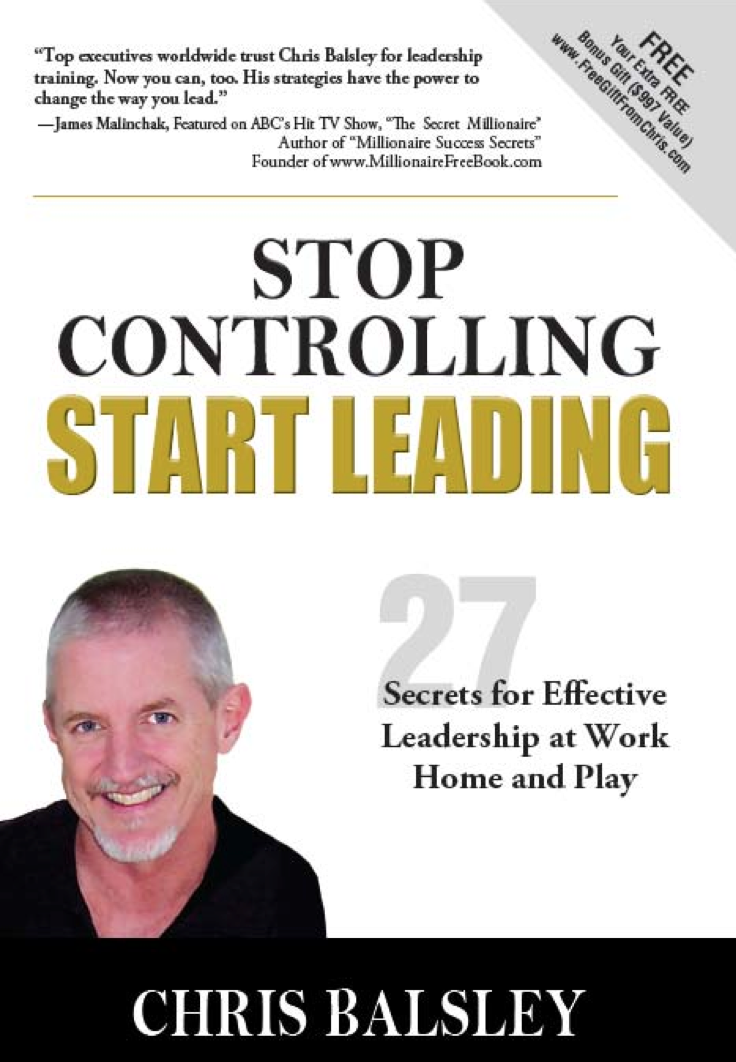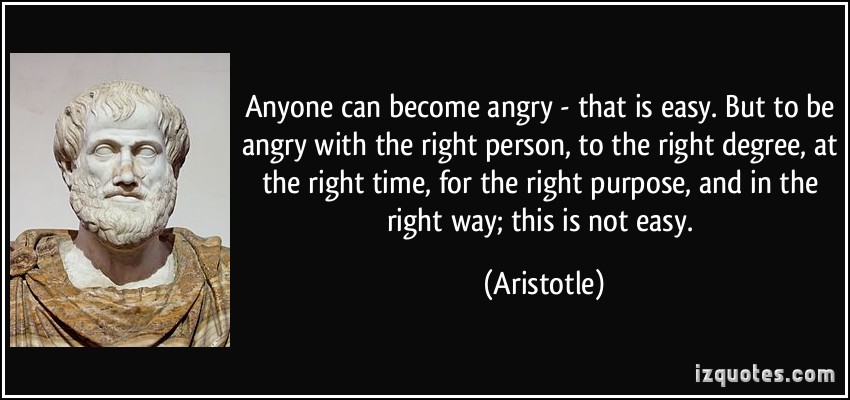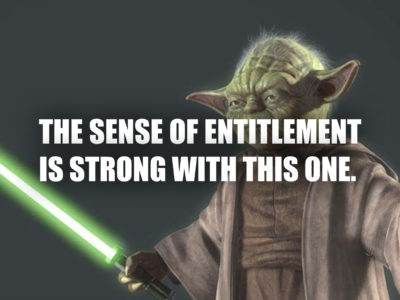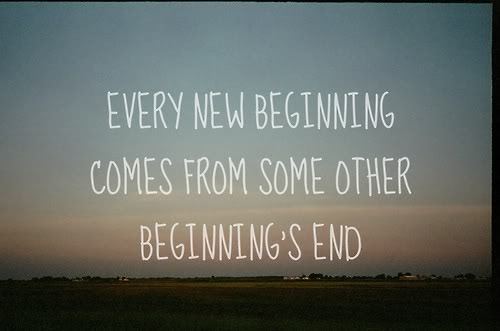What do you get paid to do? Don’t be too quick to answer this question. Most everyone I ask this question of answers by describing some function that they carry out in their organization. You may have initially answered by saying that you develop strategy, make decisions, plan, set direction, sell, work in fundraising, do financial analysis and reporting, research, solve customer issues, coordinate events, or manage others to get the work done. Yes, you do get paid for doing those things, but take it a step further – what is at the
Category Archives: Blog

One critical skill a leader can put into place is the ability to listen powerfully. As represented by the title of this book, Stop Controlling, Start Leading, when the going gets tough, some of us (I am guilty of it, too)try to impose control and structure. When this happens, a major way that control shows up is in the form of not listening. In fact, when we’re stressed, we can spend up to 85% of our time in conversation with someone, waiting for them to shut up so that we can

In Yoga we aim to unite or integrate the body, the mind, and the spirit and create a balance. In asana and pranayama practice, we observe the flow of energy (prana). Balance is a state that is ever moving, if you look at the Yin and Yang symbol or the concept of Shiv Shakti as an energetic primordial flowing that never ends, you can see that one energy is meaningless without the other. The white can’t exist without the black and the whole cannot be conceptualized without both. Similarly balance should

It’s a deeply personal question and the answers are as unique as the person contemplating it. And yet, for many of us, the question is not one that we’ve engaged with very much. I was with a group of friends recently and our discussion turned to what we would do if we won a lottery and all of a sudden had a surge of money to take away all of our worries. That’s often the kind of glib answer we give in response to the question ‘what is the Good Life’?

One of my clients recently told me that after 27 years of marriage her husband has just asked for a divorce. Apparently he had been miserable for the last 15 of those 27 years. ‘No’, she didn’t see any signs of his unhappiness but then again, she admitted that she’s been pretty caught up in her own work for so long that maybe she didn’t notice the signs. Another client, a senior manager, has been so overwhelmed with work for so long that he’s gotten use to only spending about 10

The origin of the word “Coach” “Coach” can be traced back to the 1550s from the Middle French coche , the German kotsche, and the Hungarian kocsi (which literally translates “carriage of Kocs”, from the name of the village where carriages were made.) The meaning for a coach as an instructor or trainer first came about in approximately 1830; it was used as slang at Oxford University for a tutor who “carries” a student through an exam. Coach in the “athletic sense” came about around 1861. And as our very own

Over 20 years ago, this quote inspired Carol Courcy, MCC, to study the ways in which people think and behave in different emotional states. She wondered if she could make it easier for her clients and herself to be in the “right emotion” more often. She discovered how different emotions redirect us to a more productive professional life and a more satisfied personal life, which is the basis of her new book, Save Your Inner Tortoise! We sat down with Courcy to get some insight on emotional agility in coaching. Q:

My awareness of leadership began when I was nineteen years old. I was a lost teenager, hanging out with a rough crowd, getting into trouble and barely graduating high school. It was the late Sixties and early Seventies in Boulder, Colorado, during a time of “make love not war,” hippie beads and fingers raised in a V as a symbol of peace. The newsreels of the war in Vietnam showed helicopters airlifting the last of the Americans out of the war zone, leaving hordes of desperate Vietnamese to the hands of

Entitlement: “That to which I have a right” In recent years, this has become one of the most pervasive limiting assessments that I see when I am coaching. Although it is rarely spoken – people do not often go around saying:” I am entitled to do / not do that” – it is a very common assessment that undercuts their capacity for effective action. There are many reasons why someone might start to assess themselves as “entitled”. The most common come from a position held or a length of time served,

You’ve probably heard the saying ‘nobody likes a quitter.’ We are encouraged, especially at work, to hang in there, to stay the course, to demonstrate our 100% commitment. That’s often really good advice. I know a sales manager who tells his team: “when you’re ready to quit, that’s the time to make 5 more calls.” He says that very often those extra calls do generate sales. On the other hand, there’s something to be said for finally mustering your courage to take a different path forward, to say ‘enough is enough’

